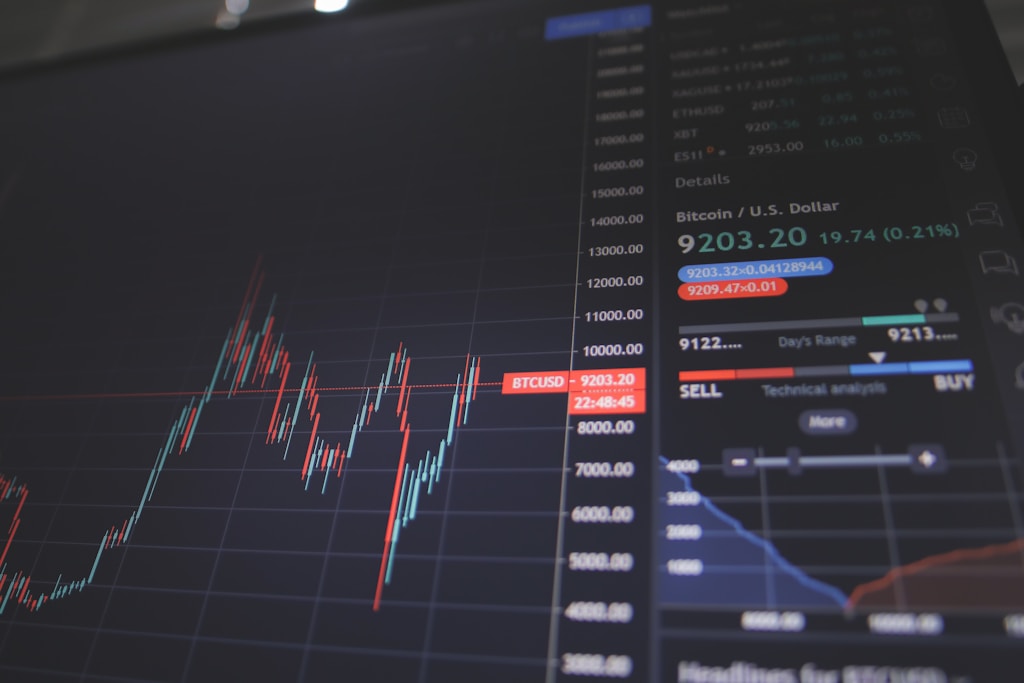Key Takeaways:
- Thailand’s SEC targets Bybit, OKX, and three other unlicensed exchanges
- June 2025 deadline set for compliance with Digital Asset Business Act
- Regulatory action aims to protect investors and prevent money laundering
Thailand’s cryptocurrency landscape is facing a major regulatory overhaul as the Securities and Exchange Commission (SEC) intensifies its oversight of digital asset trading platforms. In a significant development that signals stricter enforcement of crypto regulations in Southeast Asia, the Thai SEC has initiated legal action against five prominent unauthorized digital asset exchanges.
The targeted platforms include Bybit, which recently secured regulatory approval in Europe, along with 1000x.live, Coinex, OKX, and XT.COM. These exchanges have been operating without the necessary licenses required under Thailand’s Digital Asset Business Act.
Regulatory Enforcement and Investor Protection
The SEC has filed formal charges with the Economic Crime Suppression Division (ECD), marking a decisive step in enforcing compliance within Thailand’s crypto sector. This action reflects a broader trend of increasing regulatory scrutiny in Southeast Asian crypto markets.
Impact on Thai Crypto Market
The regulatory crackdown could significantly reshape Thailand’s cryptocurrency trading landscape, potentially leading to:
- Increased compliance costs for exchanges
- Enhanced investor protection measures
- Stricter anti-money laundering protocols
- Consolidation of trading platforms
FAQ Section
Q: When will the ban take effect?
A: Unlicensed exchanges must cease operations by June 2025.
Q: Can affected exchanges apply for licenses?
A: Yes, exchanges can apply for proper licensing through the Thai SEC.
Q: What happens to user funds?
A: Exchanges are expected to provide clear withdrawal procedures for existing users.
Market Implications
This regulatory action could have ripple effects across Southeast Asia’s crypto markets, potentially influencing other jurisdictions to adopt similar measures. For traders and investors, it emphasizes the importance of using compliant platforms to ensure asset security and legal protection.





